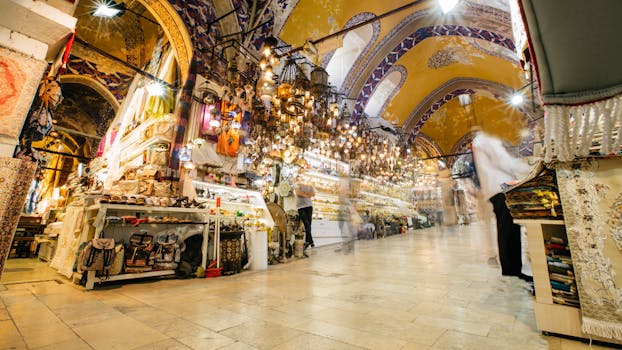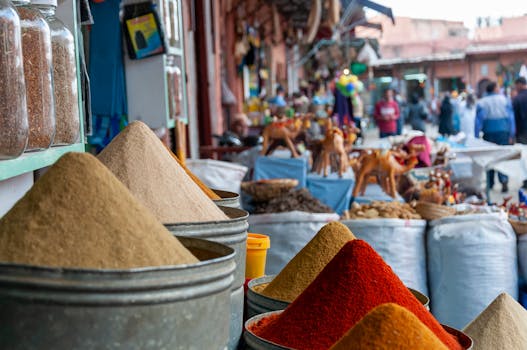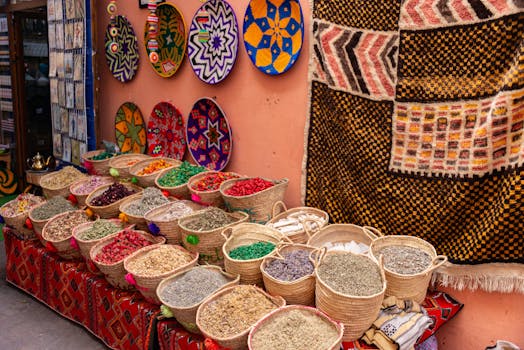
Introduction

Souks echo ancient stories, serving as vibrant marketplaces that have stood the test of time. These bustling bazaars are not just places for trade; they are living museums where history unfolds with every transaction. From the aromatic spices to the intricate handicrafts, every corner of a souk tells a tale of cultural heritage.
The Rich History of Souks

To understand the significance of souks, we must delve into their origins. Historically, souks emerged as vital hubs of commerce in the Arab world. They facilitated trade routes that connected distant lands, allowing for the exchange of goods and ideas.
Cultural Significance

Souks are more than just commercial spaces; they embody the spirit of the communities they serve. Each souk reflects the local culture, showcasing traditional crafts, culinary delights, and social interactions. Walking through a souk is akin to stepping into a living tapestry of history.
Exploring the Souks

Visitors to souks are often captivated by the sensory overload. The vibrant colors, enticing aromas, and lively chatter create an immersive experience. From the famous souks of Marrakech to the lesser-known gems in Oman, each destination offers a unique glimpse into ancient traditions.
Conclusion

In conclusion, souks echo ancient stories that resonate with the past while remaining relevant in the modern world. They are essential for preserving cultural heritage and fostering community connections. For travelers seeking to understand the essence of a place, wandering through a souk is a must.
Takeaways

- Souks are vibrant marketplaces with rich histories.
- They reflect the cultural significance of their regions.
- Visiting a souk provides a unique and immersive experience.
- Souks are vital for preserving traditions and community bonds.





